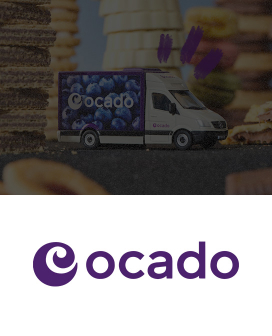What is Social Proof?
By definition, social proof is a psychological phenomenon where people assume the actions of others in an attempt to reflect correct behavior for a given situation. In essence, it’s the notion that, since others are doing it, I should be doing it, too. Social proof is especially prominent in situations where people are unable to determine the appropriate mode of behavior, and is driven by the assumption that surrounding people possess more knowledge about the situation. Also referred to as “herd mentality,” social proof is a phenomenon where decision making becomes credible and validated through the behavior of others. It’s the reason we ask for second opinions, assume nightclubs with long lines must be great, and the driving force behind displaying product reviews and customer testimonials. In the digital marketing realm, it means that people are more likely to read your blogs, tweet your content, or share a link to your site if they see others have already done these things.
What is Social Proof used for in eCommerce?
A popular example of eCommerce social proofing is highlighting high customer demand for a product by showcasing the amount of views, adds-to-cart or purchases that were conducted within a specific time frame. Notifying customers that, “157 people have bought this product within the last 24 hours,” for example, creates a correlation between urgency and buying in the mind of the customer, and induces a fear of missing out for not going through with the purchase. In other words, the understanding that other people have already bought the item plays an important role in validating the customer’s own thinking to buy it as well. Uncertain customers naturally find comfort in a greater collective, and by creating the impression that everyone is buying a product, there’s a strong likelihood that these customers will, too. In today’s increasingly consumer-centric environment, even if a brand’s value proposition is perfect it may not be enough to secure a purchase.
How to use Social Proof in your marketing
For eCommerce brands, leveraging social proof in an offering can solidify customer confidence in purchasing decisions and help eliminate the concerns that stand between them and converting on an offer. Here are some examples of how to use social proof in eCommerce
- Highlighting demand to create urgency: If you can create the impression that everyone is buying your product, there’s a strong likelihood that they will too.
- The principle of community: Allowing users to ‘feel at home’ when buying is a bonafide way of increasing purchase rates.
Read further: Use the Power of Social Proof Marketing to Drive Conversions









